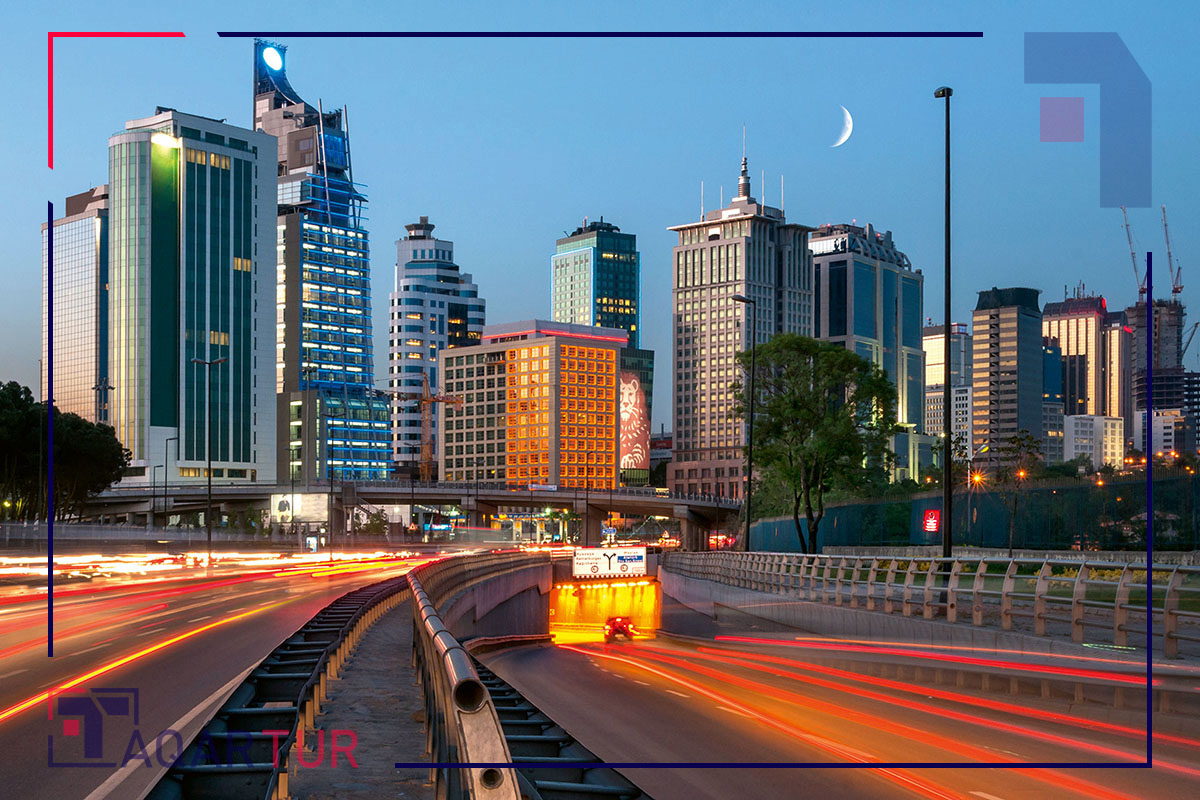Istanbul, a city that bridges the continents of Europe and Asia, has long been a hub of commerce, culture, and strategic importance. As Turkey’s economic powerhouse, Istanbul has witnessed significant transformations in its commercial real estate market over the past few decades. Here’s an overview of this dynamic market.
Historical Context:
Istanbul’s commercial real estate has its roots deeply embedded in its historical trading centers like the Grand Bazaar and Spice Market. However, the city’s entry into modern commercial spaces began with the establishment of business districts in areas like Levent and Maslak in the latter half of the 20th century.
Current Landscape:
Office Spaces: Istanbul has seen a rise in demand for modern, well-equipped office spaces, especially in the European side districts of Maslak, Levent, and Sisli. The Asian side, notably Kozyatagi and Atasehir, has also experienced growth, especially with the development of the Istanbul International Finance Center in Atasehir.
Retail and Shopping Centers: From historic markets to ultra-modern malls like Istinye Park, Zorlu Center, and Kanyon, Istanbul offers diverse retail spaces. The city has embraced the mall culture, making it one of Europe’s regions with the most shopping centers.
Industrial and Logistics: With its strategic location, Istanbul has robust logistics and industrial parks, especially in areas like Tuzla, Kucukcekmece, and Pendik. Its proximity to both Europe and Asia makes it an ideal logistics hub.
Hospitality and Tourism: Istanbul’s status as a top tourist destination ensures a booming market for hotels, resorts, and other hospitality-related establishments. Prime areas like Sultanahmet, Taksim, and Besiktas have luxury hotels and boutique accommodations.
Challenges and Opportunities:
Economic Fluctuations: Turkey’s economy has experienced volatility in recent years, which has affected investor confidence. However, these fluctuations can present opportunities for investors looking for value buys.
Urban Transformation: Certain parts of Istanbul are undergoing urban regeneration, opening avenues for new commercial projects and renovations of existing ones.
Infrastructure Development: Projects like the new Istanbul Airport, Eurasia Tunnel, and Marmaray enhance the city’s connectivity and boost commercial real estate value.
Regulations and Policies: The Turkish government has introduced policies to attract foreign investments, including residency and citizenship-by-investment programs. However, investors should remain aware of the ever-evolving regulatory landscape.
Cultural Nuances: While Istanbul is very cosmopolitan, understanding local business etiquette and cultural nuances can be crucial for foreign investors and businesses.
Looking Ahead: Commercial Real Estate Market in Istanbul
The future of Istanbul’s commercial real estate market lies in its adaptability. The demand for flexible office spaces might increase with remote working trends. Additionally, post-pandemic recovery might lead to innovative use of commercial spaces, especially in the hospitality and retail sectors.
In conclusion
Istanbul’s commercial real estate market remains a focal point in the region, driven by its unique geographical position, rich history, and vibrant culture. With the right strategies and understanding of the market, there are ample opportunities for investors and businesses alike.

